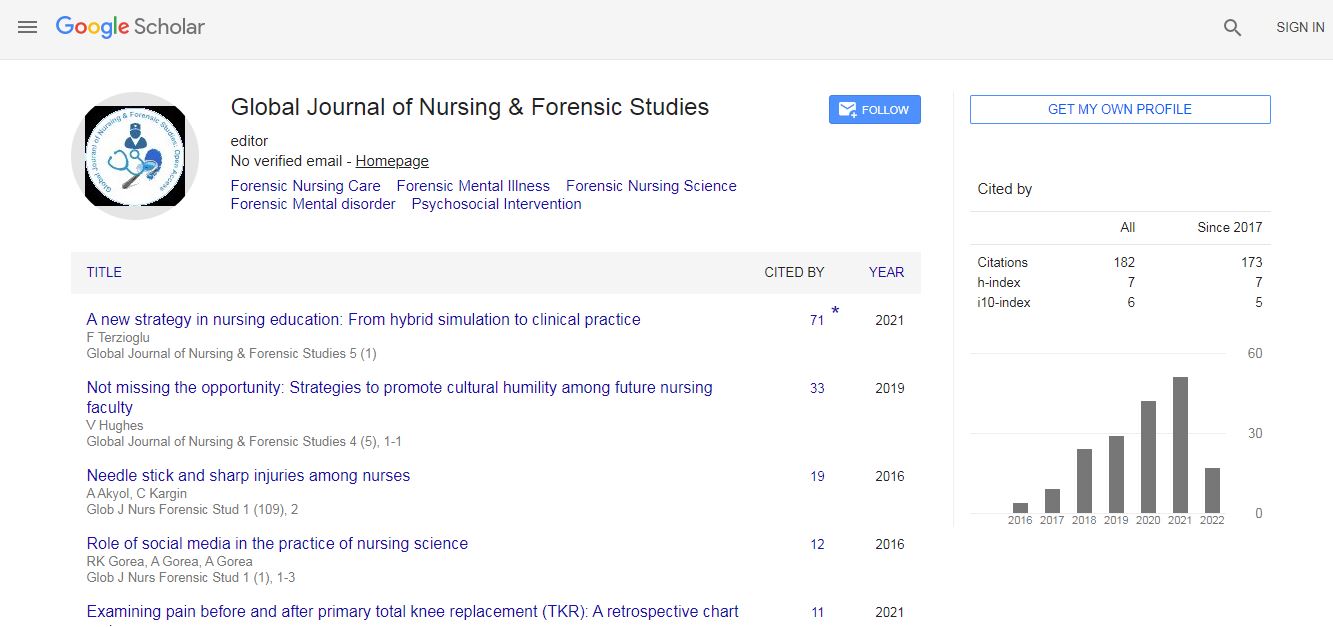Our Group organises 3000+ Global Events every year across USA, Europe & Asia with support from 1000 more scientific Societies and Publishes 700+ ������ Journals which contains over 50000 eminent personalities, reputed scientists as editorial board members.
������ Journals gaining more Readers and Citations
700 Journals and 15,000,000 Readers Each Journal is getting 25,000+ Readers
Citations : 82
Indexed In
- Google Scholar
- RefSeek
- Hamdard University
- EBSCO A-Z
- Euro Pub
- ICMJE
Useful Links
Recommended Journals
Related Subjects
Share This Page
Spectralis optical coherence tomography normal macular thickness in Egyptians
World Congress and Expo on Optometry & Vision Science
Mohammad A M El-Hifnawy, Amir R Gomaa, Ahmed M Abd El-Hady and Hassan E Elkayal
Alexandria University, Egypt
Posters & Accepted Abstracts: Optom ������
DOI:
Abstract
Purpose: The aim of this study was to determine the normative data of macular thickness in the Egyptian population and to assess the effect of different demographic data and ocular parameters on it using spectral-domain optical coherence tomography (SD-OCT). Patients & Methods: This cross-sectional study included 105 healthy Egyptian patients, who underwent a comprehensive ophthalmic examination, including Spectralis SD-OCT scanning, at Alexandria Main University Hospital. One eye from each patient was chosen randomly to be included in the study. Macular thickness was calculated based on center thickness and nine areas that corresponded to the Early Treatment Diabetes Retinopathy Study map using OCT mapping software. The relationships between macular thickness and sex, age, axial length (AL), spherical equivalent, keratometry readings, intraocular pressure, BMI, parity, and use of oral contraceptive pills were analyzed. Results: The study included 49 male and 56 female patients. The mean age of the patients was 40.41�?±14.17 years. The mean central subfield thickness was 262.70�?±19.64 �?¼m. The mean macular thickness values in all areas of the Early Treatment Diabetes Retinopathy Study map were significantly greater in men than in women. As age increased, outer macular thickness decreased significantly in the overall group and in female, but not in male patients (partial correlation). The AL correlated negatively with inner and outer macular thickness (partial correlation). However, spherical equivalent had no significant influence on multiple linear regression analysis. Central subfield thickness did not correlate significantly with keratometry readings, intraocular pressure, BMI, parity, or use of oral contraceptive pill. Conclusion: The mean macular thickness values in the Egyptian population were found to be less than those seen in the Spectralis SD-OCT studies published previously on Caucasians, but more than those seen in Blacks. Sex had the most significant effect on macular thickness in all regions. Age and AL showed a significant negative correlation with outer macular thickness.Biography
Faculty of Ophthalmology at Alexandria University, Egypt.
Email: dramirram@yahoo.com

